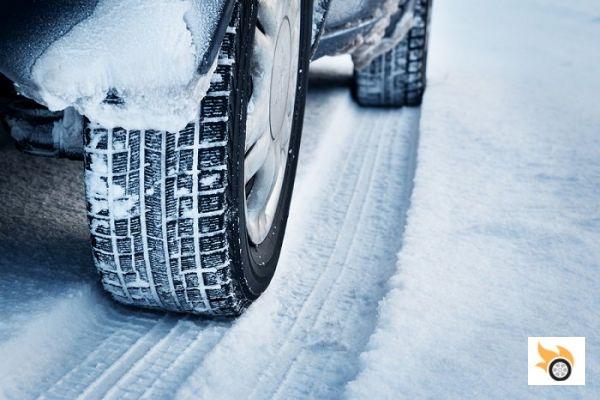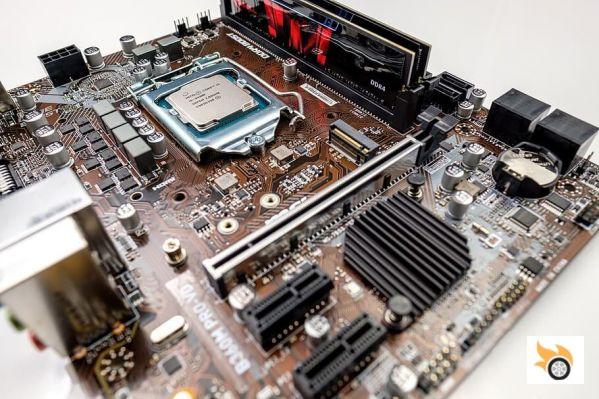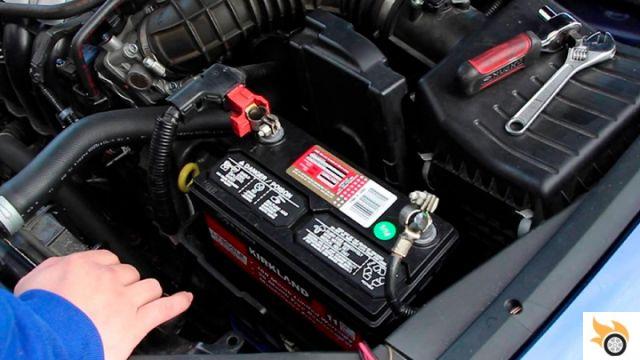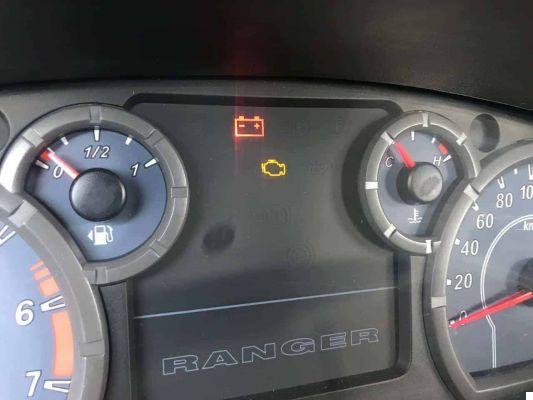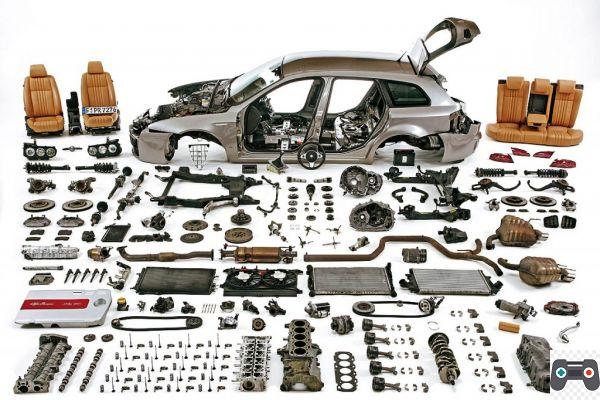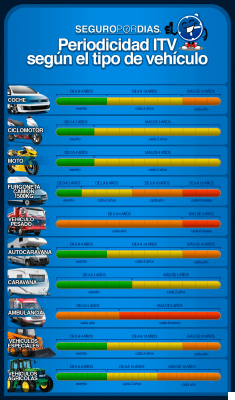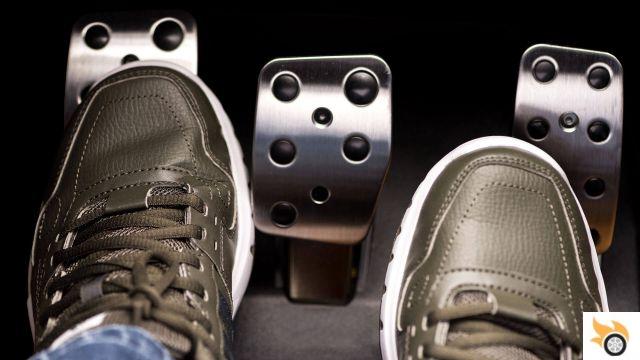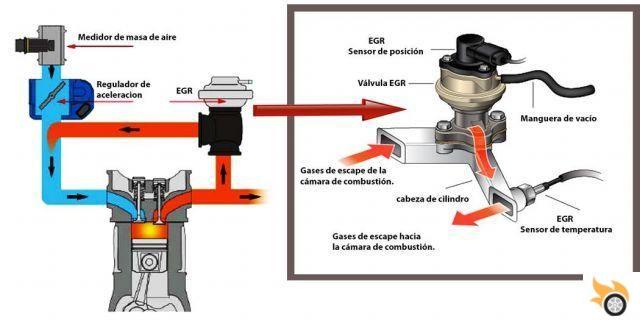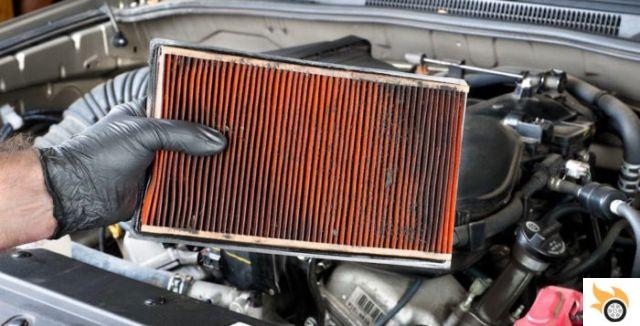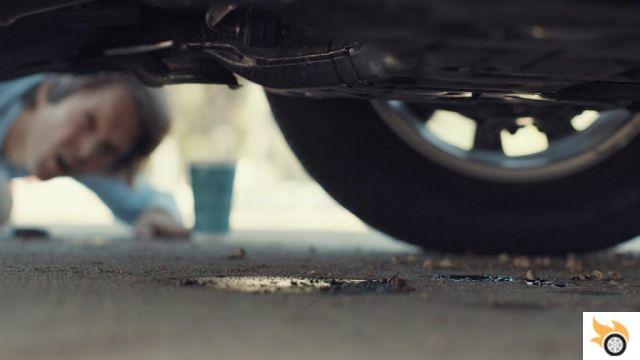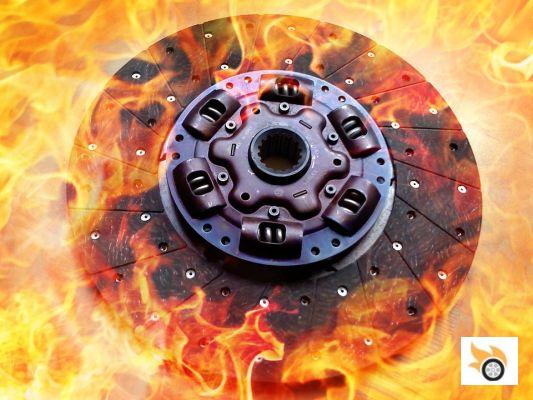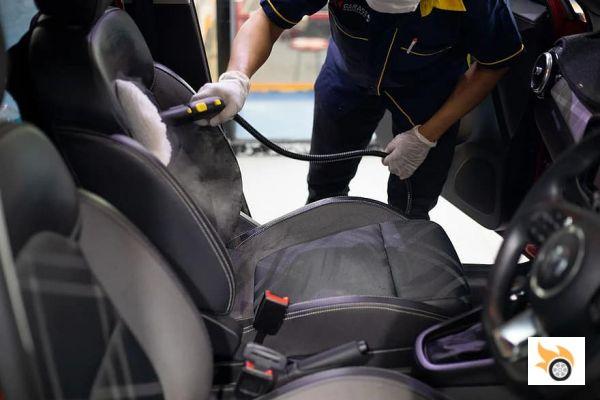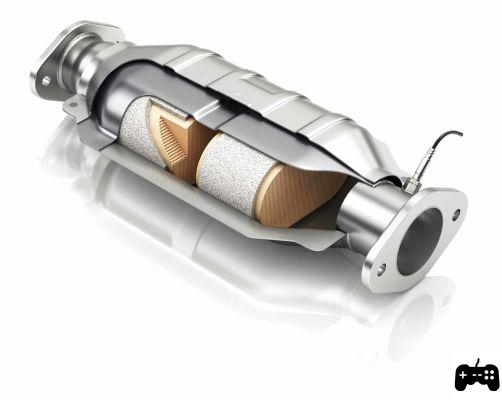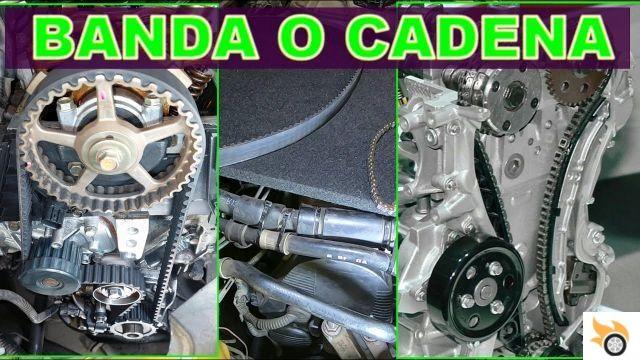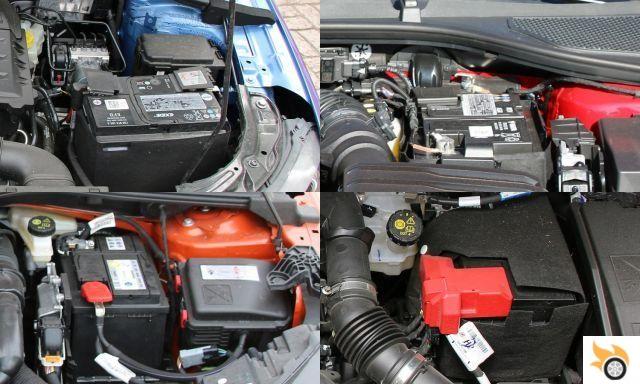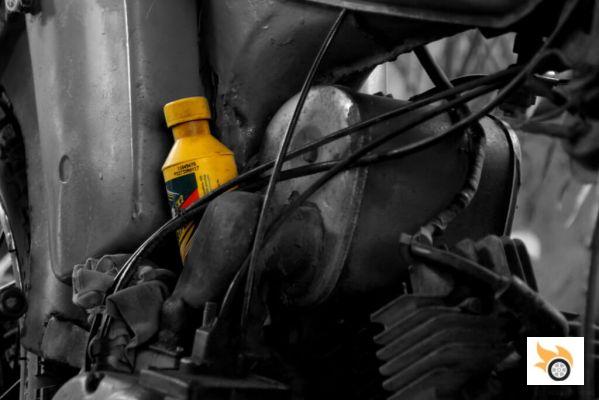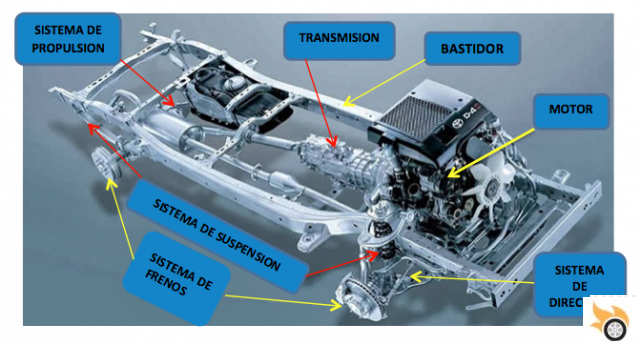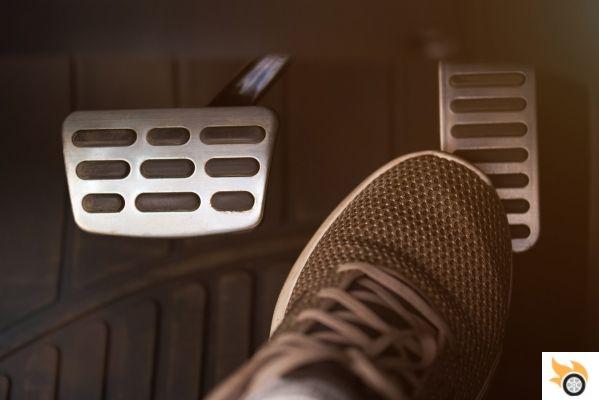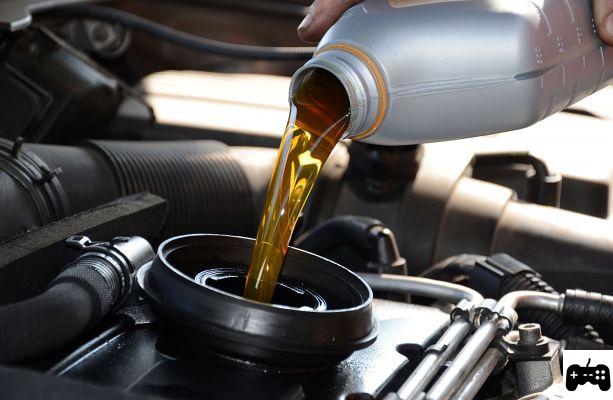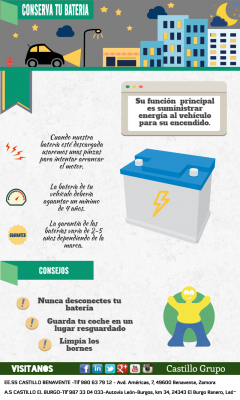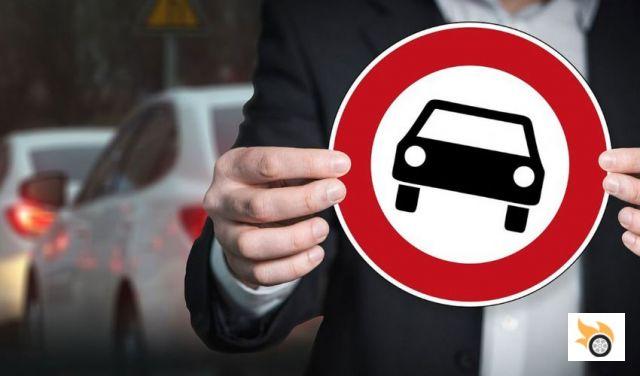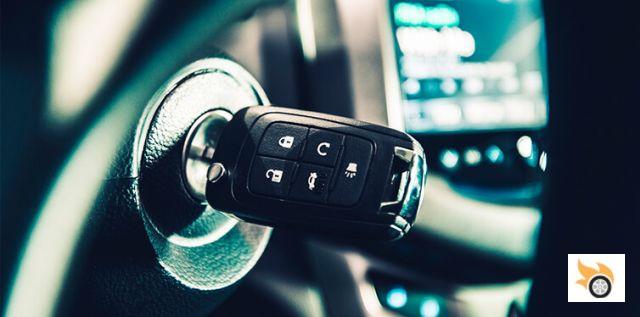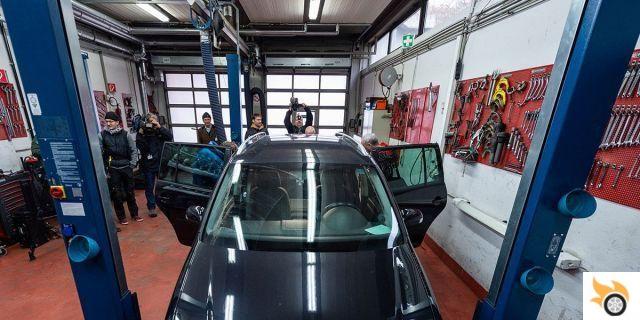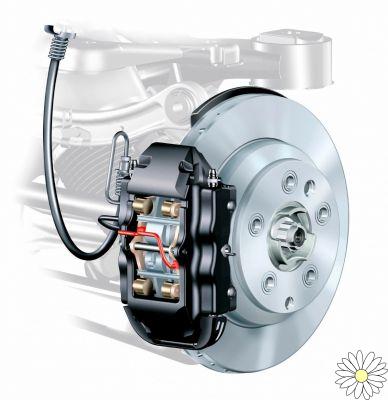
Introduction
In this article, we are going to talk about the anti-lock braking system (ABS) in cars. ABS is a crucial component for driving safety, as it prevents the wheels from locking during sudden braking, allowing the driver to maintain control of the vehicle. Next, we are going to explain its operation, its meaning, how to use it correctly and what to do if the ABS light on the vehicle's dashboard comes on.
What is ABS and how does it work?
The Anti-lock Brake System (ABS) is an active safety system that prevents the wheels from locking during sudden braking. This is achieved by modulating the brake pressure at each wheel independently. ABS uses sensors to detect wheel speed and an electronic control unit (ECU) to regulate brake pressure at each wheel.
ABS operation
The operation of ABS is based on three fundamental principles:
- Lockup Detection: ABS sensors constantly monitor wheel speed. If they detect that one or more wheels are about to lock up, they send a signal to the ECU.
- Brake Pressure Modulation: The ECU receives the signal from the sensors and acts on the brake valves to modulate the brake pressure at each wheel. This is achieved by rapidly opening and closing the valves, allowing the wheel to continue to spin even though brake pressure is being applied.
- Traction Restoration: By modulating brake pressure, ABS prevents the wheels from locking up and losing traction with the road surface. This allows the driver to maintain control of the vehicle and avoid skidding or sliding.
How to use ABS correctly?
To use ABS correctly, it is important to follow the following recommendations:
- Always keep your feet on the brake and accelerator pedals, since the ABS only works during sudden braking.
- Don't pump the brakes: instead depress the brake pedal firmly and hold it down. The ABS will be in charge of modulating the braking pressure.
- Keep a safe distance from the vehicle in front of you, to have enough time to react to sudden braking.
- Avoid unnecessary sudden braking, since ABS is activated in emergency situations.
What to do if the ABS light comes on?
If the ABS light on the vehicle's dash comes on, it is important to take the following steps:
- Check the condition of the brakes: make sure the brakes are in good condition and there are no brake fluid leaks.
- Reset the system: In some cases, the ABS light coming on may be a momentary failure. Try to reset the system by turning the engine off and back on.
- Consult the vehicle manual: If the ABS light is still on, consult the vehicle manual for specific information about the braking system and how to troubleshoot the problem.
- Go to a specialized workshop: if you cannot solve the problem yourself, it is advisable to go to a specialized workshop to have the brake system checked and any faults resolved.
Frequently Asked Questions (FAQs)
1. Does ABS completely prevent traffic accidents?
No, ABS is a safety tool that helps prevent accidents by preventing wheel lockup during sudden braking. However, it does not guarantee that accidents will not occur, since there are other factors that can influence road safety, such as road conditions, speed, braking distance, among others.
2. Is it necessary to carry out periodic maintenance of the ABS braking system?
Yes, it is advisable to carry out periodic maintenance of the ABS braking system to ensure its correct operation. This includes checking the sensors, valves and electronic control system. In addition, it is important to check the level and quality of the brake fluid, as well as the condition of the brake pads and discs.
Conclusion
The anti-lock braking system (ABS) is an essential component for driving safety. Its operation prevents the wheels from locking during sudden braking, which helps the driver maintain control of the vehicle and avoid accidents. It is important to use ABS correctly and take appropriate action in the event that the ABS light on the vehicle's dash illuminates. Remember that road safety is the responsibility of all drivers.
We hope this article has been useful to you and we invite you to leave your comments and questions related to the anti-lock braking system (ABS) in cars. Your opinion is important to us!
Until next time!




